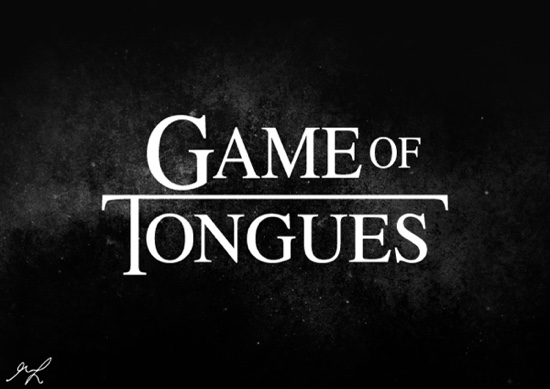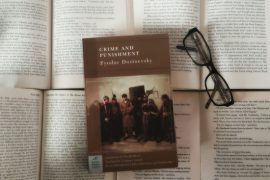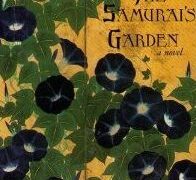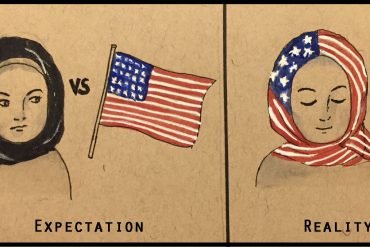The author sheds light on invented languages used in Film and TV.

After watching the first few episodes of the popular HBO show Game of Thrones (GOT), I would sense how intricate the Dothraki language is, as several scenes are spoken entirely in Dothraki with English subtitles. From hearing the characters speaking it, you can tell that this language actually has a fully developed grammar and a comprehensive vocabulary. Such languages are called conlangs or Invented Languages.
David Peterson is the creator of the Dothraki language, and he also serves as a dialect coach on the set of the show. He was brought on by the creators of GOT to build upon the few words of Dothraki that are in the series of successful novels A Song of Ice and Fire written by George R.R. Martin. Dothraki is not the only conlang that is spoken in Game of Thrones. Valyrian is another language that is regularly spoken in the Game of Thrones books.
Creating languages for movies or TV wasn’t always this well developed. Back in the 60’s, movies showed actors speaking gibberish. The first time a conlanger was called upon to create a new and fully developed language for show business was for “Star Trek III: The Search for Spock” which was created by linguist Marc Okrand. He created the language that the people of Klingon spoke. The language became very popular among Trekkies (fans of Star Trek) that the language of Klingon has its own dictionary, Monopoly game, and even a published translation of Hamlet. This was led by the “Klingon Language Institute”
There is also Lord of The Rings, which introduced many languages of Middle Earth, like High-elven and Grey-elven, which were all created by J. R. R. Tolkien himself. Tolkien even used the languages to write and recite poetry.
We also know about the Na’vi language, as James Cameron the director and creator of Avatar enlisted Dr. Paul Frommer, a linguist from the University of Southern California, to create the language for his blue-skinned population of Pandora.
Whether it’s a real language or a conlang, the same is true for both; if people like how the language sounds, they will learn it and would want to speak it. That is why a lot of conventions occur where people who speak the same conlang will convene and celebrate their love for a particular language.
The use of invented languages came about because the creators of these successful franchises wanted audiences to be immersed in these sci-fi worlds they created. If they used an existing language it would jolt the viewers back into the real world.
In a lot of movies, the reason might be political as they don’t want to mark villains of the movie or TV show to be from a certain country. The use of any language by the “bad people” might cause a political headache. In the movie “The Terminal” for example, Tom Hanks pretends to be from a country called “Krakozhia”, which doesn’t exist. Viktor (Tom’s character) spoke Krakozhian, which was made up for the movie, derived from Bulgarian.
Languages are obviously not just created for movies and TV. The Esperanto language, for example, was created a century ago to be an alternative second language spoken by everyone. It was aimed to be the language of the future, a common language that everyone could share. This did not go as planned by the creator of the language. While many countries were on board, Esperanto is only spoken by 2 million people.
The creators of Game of Thrones actually held a contest for conlangers as to who can come up with the best language for the show. Mr. Peterson won that honor and he created the Dothraki language. It was a challenge at first because he had to build on the 30 or so words that were already in the novels written by Mr. Martin. But he managed to do it whilst staying true to the rules that were set within the novels.
Dothraki relies on subject-verb-object structure and no linking verb. What’s spoken on the show is only a fraction of what Mr. Peterson has created, as the developed Dothraki language has over 3000 words already and is expanding.
I personally appreciate and applaud creations such as these movies or TV shows for treating their audiences as smart individuals who deserve the best. I would’ve myself thanked the linguist of the Dothraki language for his creation but as viewers of the show might recall from the first episode: “There is no word for thank you in Dothraki.”



